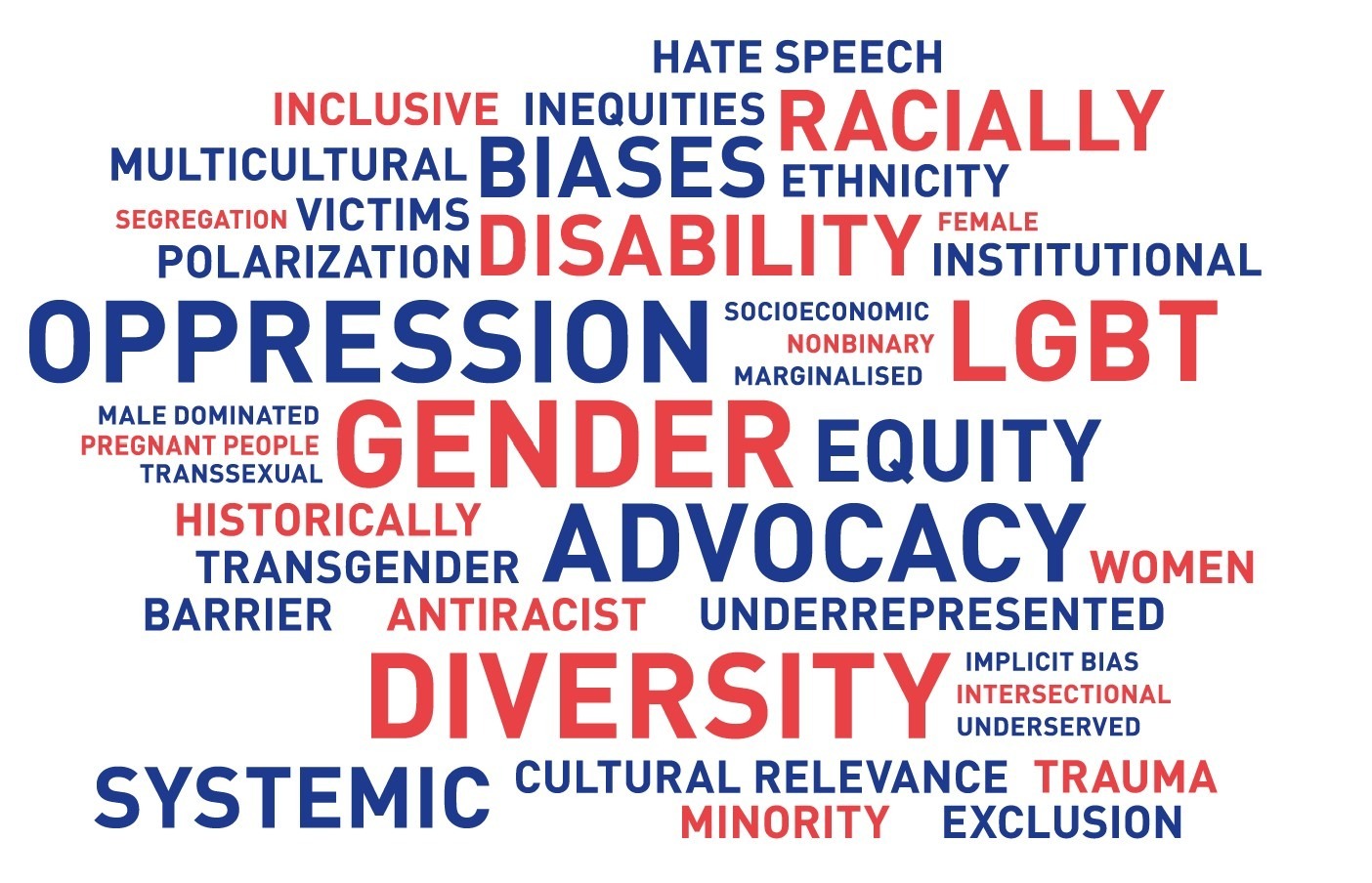US research institutions are censoring projects in a bid to meet Trump's demands and retain funding

“Truth’s a menace, science is a public danger,” says Mustapha Mond, the “Controller” in Aldous Huxley’s iconic dystopian novel Brave New World. “That’s why we so carefully limit the scope of its researches.”
If you want to constrain free and rational inquiry, at some point you have to go after the sciences. And that’s what seems to be happening in Trump’s America, from putting vaccine critic and conspiracy theorist Robert F. Kennedy Jr in charge of the country’s health policy to deleting datasets from government websites to mass layoffs at scientific agencies.
Meanwhile, staff at federal science agencies including the Centers for Disease Control and Prevention, the National Institutes of Health and the National Science Foundation have been scrambling to comply with directives that end federal funding for work involving “gender ideology” and diversity, equity and inclusion. Climate research is also being targeted.
While each agency has taken its own approach, most have purged their websites of certain terms, removed some academic papers and circulated lists of words that can get work deleted or sent for review.
The words displayed above, for example, would all get research projects flagged and possibly modified – in a bid to protect them from termination – at the National Science Foundation, which supports $9 billion worth of scientific research and education annually.
Most refer in some way to diversity and marginalised groups. It is telling, for example, that “women” and “female” are on the list, but not “man” or “male”. Others are ridiculously broad-brush – see “historically” and “systemic”, words that seem to target the identification of trends, although whether this would be enough to get research banned depends entirely on the trend being identified and whether it displeases the administration.
In the US, many scientists have been afraid to speak out publicly for fear of losing funding for their teams, or in some cases even their visas. And so others must step up. As the European Federation of Academies of Sciences and Humanities said in a statement: “The research ecosystem is global in nature, and what’s happening in the US threatens scientific endeavour everywhere.”
This article is a preview from New Humanist’s Summer 2025 issue. Subscribe now.

